Patrick: Do you think your approach to leadership has changed from when you started to now?
Emika: I think so. One of the things I’ve been reflecting on is how that first month of the pandemic felt like really high-adrenaline emergency mode, so that was different for sure. But it does feel like I’ve been in some sort of emergency mode this whole time. And I don’t think I’m always my best self when I’m in that place. I’m someone who loves leadership theory and how you can be adaptable to what different people need, so I came into this position really wanting to be intentional around how I show up as a leader.
In this kind of crisis it’s so much easier to fall back onto your default, so instead of being adaptable in my leadership style to what different people need, I find myself being less adaptable or less intentional about how I show up with different people. You’re also really trying to find that balance between being understanding and empathetic, especially right now, but also trying to create art to keep the organization strong. There’s tension there and while that’s useful, I still want to be a leader who is responsive to and cognizant of different people’s needs. I’m much more aware of that now and how that impacts the art we create.
Patrick: How have you learned to lean on your community when quarantining begets isolation?
Sarah: One of the positive outcomes of this pandemic is how it has brought communities together. All of a sudden we had time to build community in a way that we had never had time to before. My social calendar has been far more full with weekly meetings and check-ins and cocktail hours with colleagues or friends from across the country—moments sharing space with one another virtually, which never existed before. That is something I hope we continue to make space for whenever we can go back into our theatres again, because I have found it to be incredibly vital to my sanity.
Emika: Sarah and I are part of a group of managing directors that speak every week. Sometimes it’s about personal stuff and sometimes it’s about work stuff and a lot of times it’s about both. A much more experienced managing director once said they thought we had an advantage by being so new to the role because we were naive enough to not know just how unprecedented and extraordinary this moment is. Because at first, there was an element of “Oh! This is just another thing I don’t know how to deal with,” you know?
Sarah: All of a sudden we’re on the same playing field. None of us have ever dealt with anything like this before, so it doesn’t matter if you have been in the industry for thirty years or for six months, you know? We’re all figuring it out together.
All of a sudden we’re on the same playing field. None of us have ever dealt with anything like this before, so it doesn’t matter if you have been in the industry for thirty years or for six months.
Patrick: How do you think this period is going to transform the field once protocols are lifted and it’s safe to gather in public again?
Sarah: In my mind, there’s no going backwards. Things have to change and they will have changed.
Emika: Even with projects without a live in-person audience, we are learning a lot about safety protocols. We’ve developed this mindset that we are going to need to implement these safety protocols for a while in some way or another. Even when the vaccine is available, not everybody’s going to take it or it’s not going to be 100 percent effective. My concern is really how people feel safe coming back to the theatre. Because one of the only times I actually turn my phone all the way off is when I’m seeing a play. And I love that. I miss that.
I’m also thinking about this within the administrative side of our organization. What are we learning about what’s possible? When we are hiring positions, can we ask ourselves the question, “Could they be remote?” And what would be lost if the answer is yes? I do think there’s something lost in terms of personal connection, by losing the little conversations we have in the office kitchen.
Sarah: The cries for racial equity are asking a lot of the industry, and if theatres aren’t coming back into the theatre changed, what were they doing for this whole past year? There’s a demand out there and we’re being asked to be better as organizations, as theatre practitioners, as theatremakers, as makers. That’s going to be a huge part of what it means to return.
I’m grateful for the really big visionaries out there, the Marias and the Erics and the Natakis—this whole group of leaders who are running organizations right now. When I stop and remove the layers of anxiety that I live with on a daily basis and think about the opportunity for innovation, it’s super exciting. We’re an industry that’s been around for sixty-plus years doing things the same way. Let’s try something new and see what happens. Let’s experiment and fail and bring in new voices and bring in new perspectives. Emika and I wouldn’t be here if that wave of thinking hadn’t already begun pre-COVID, but it still feels like a huge part of this too.

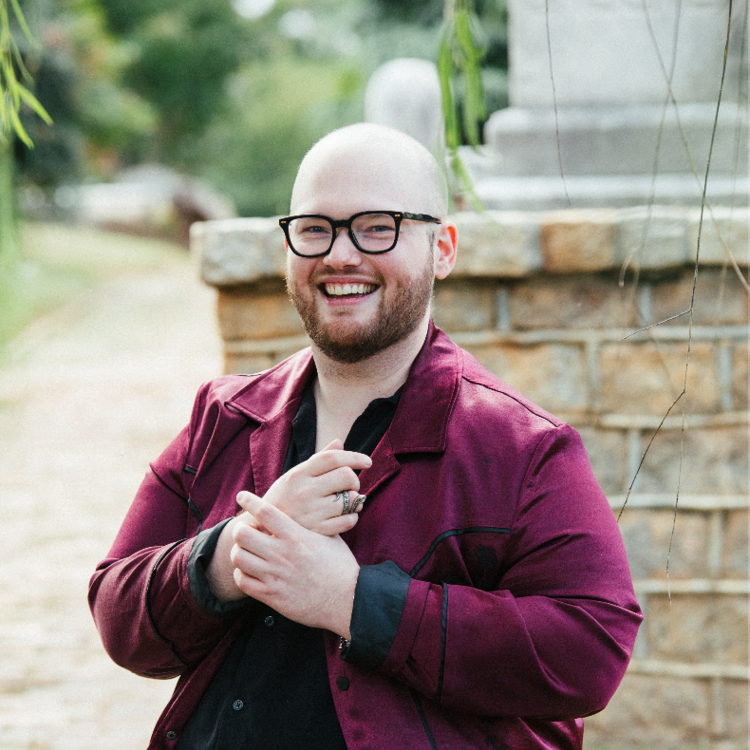
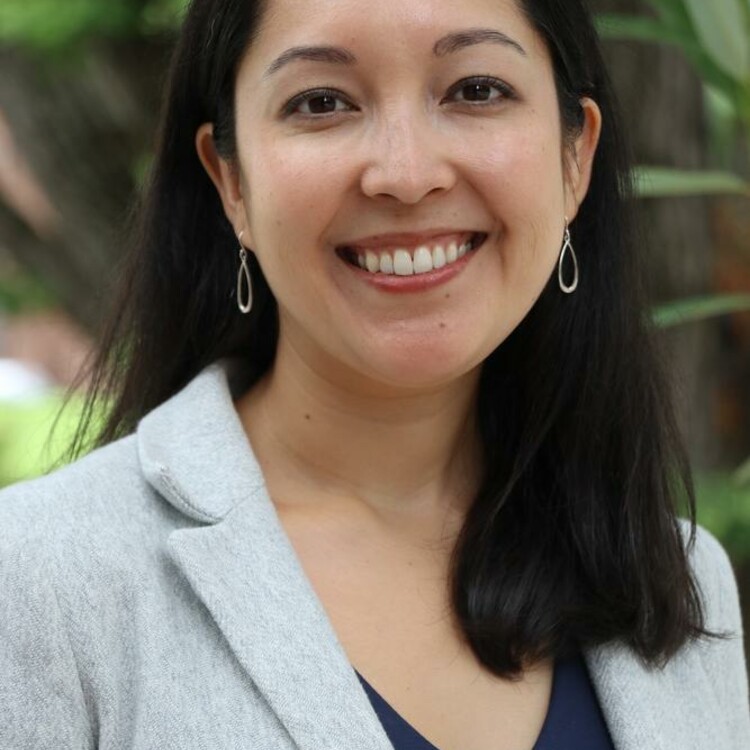
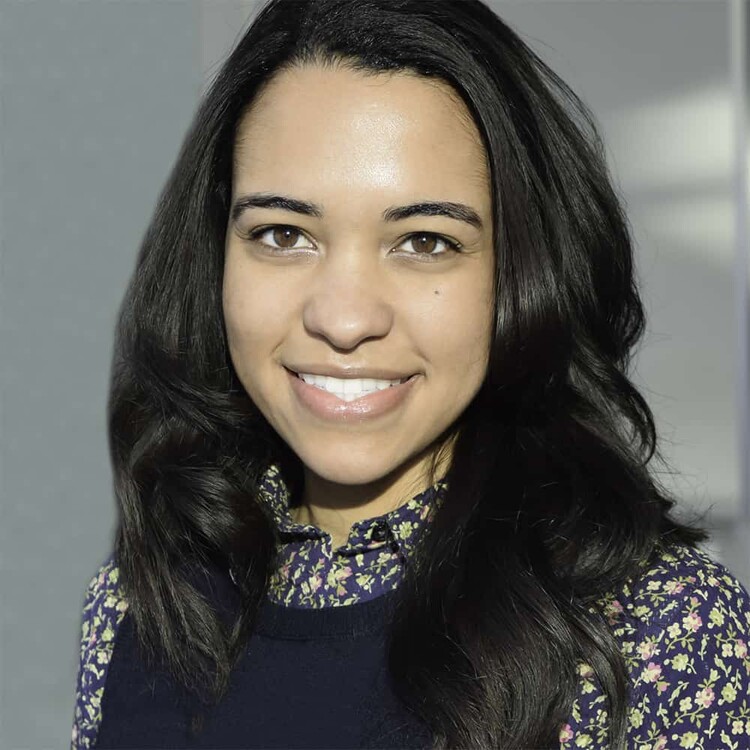
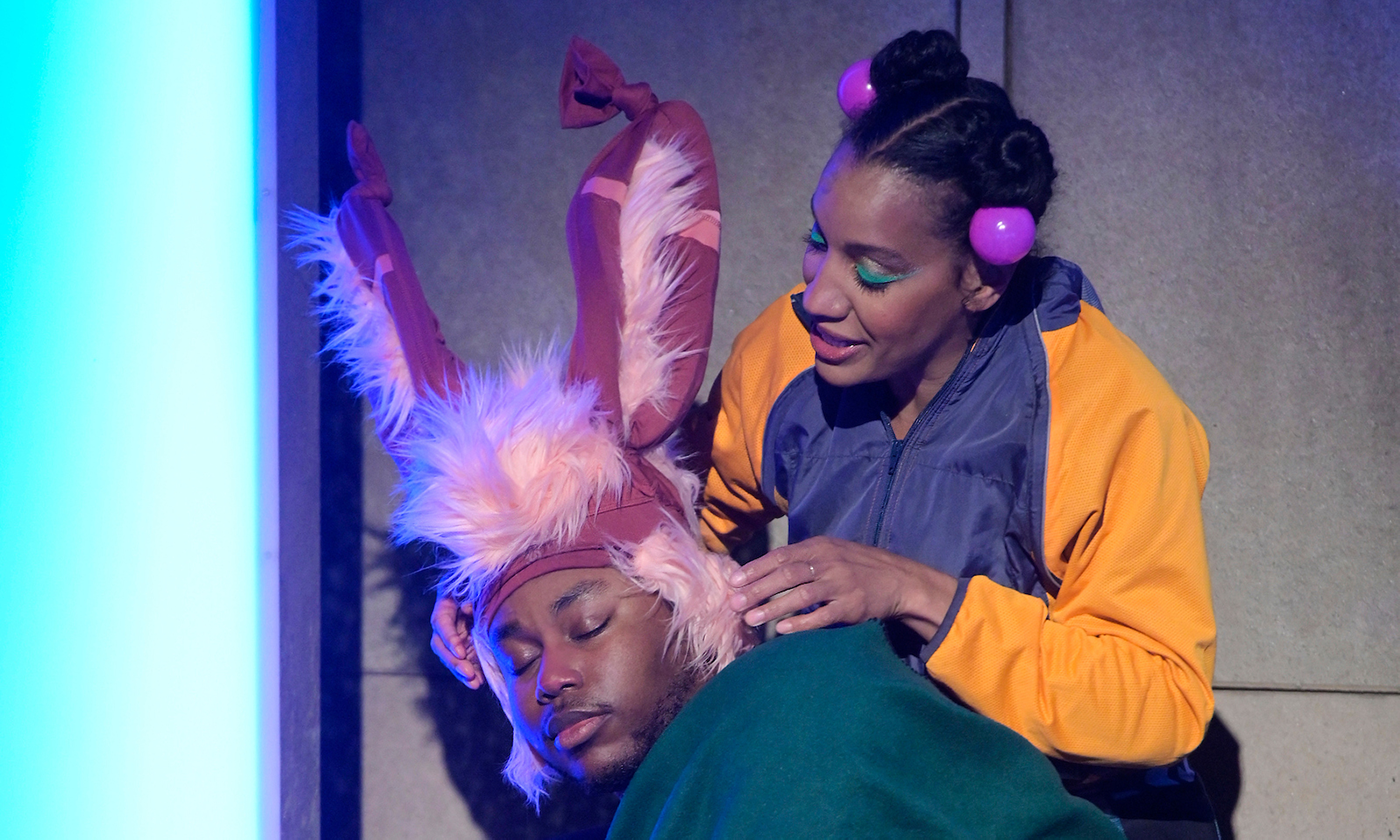
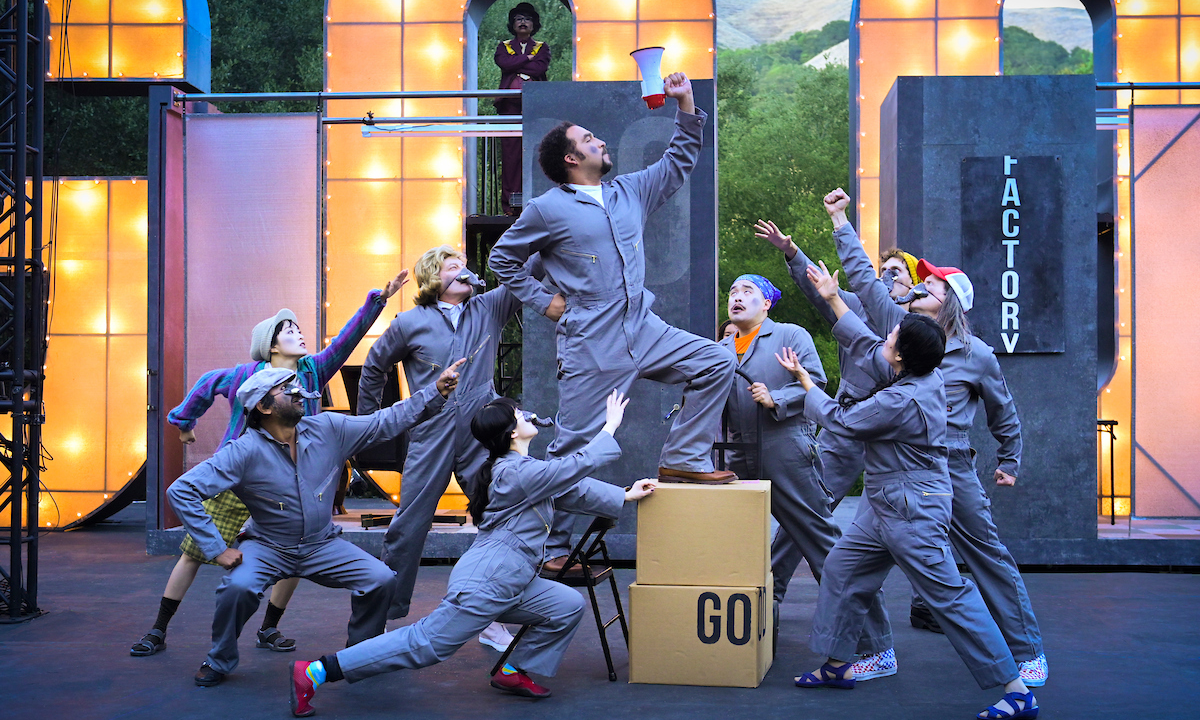
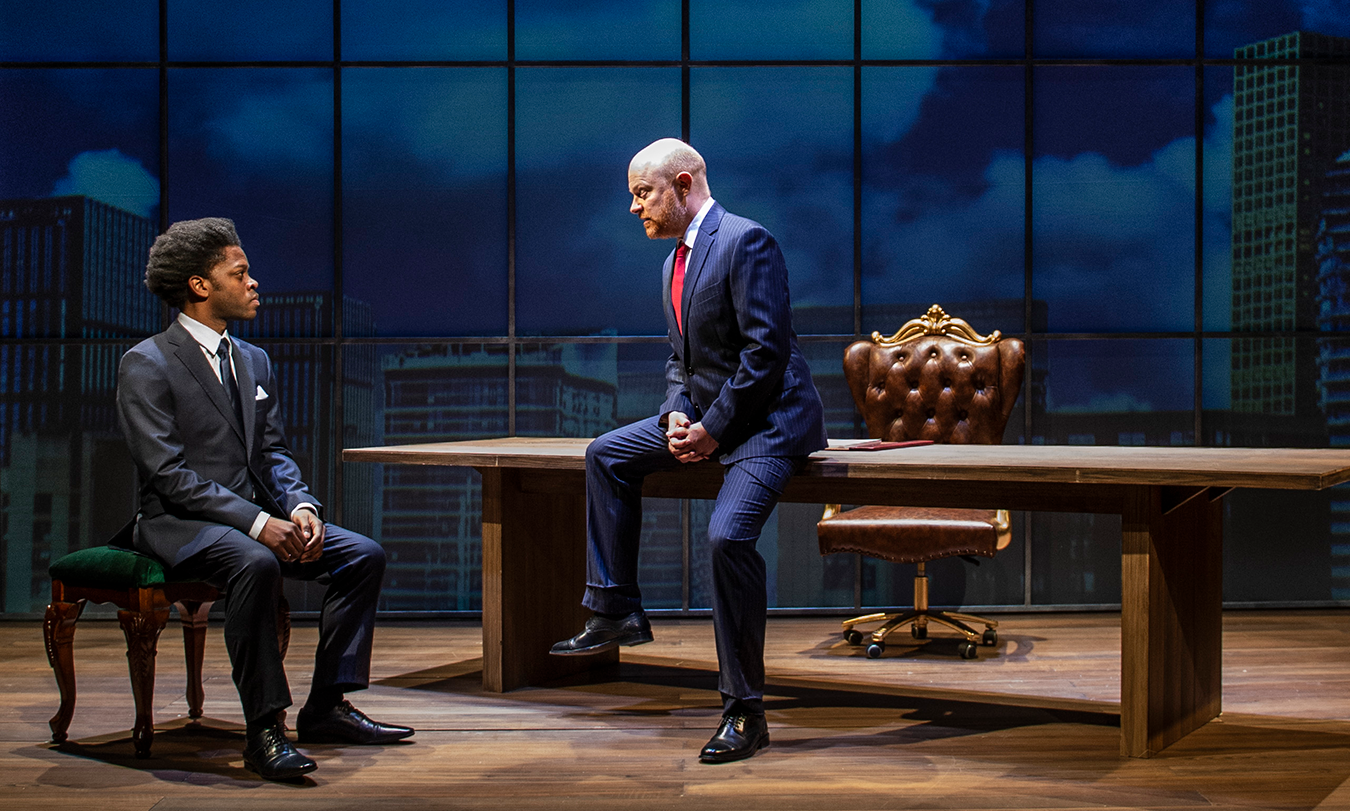
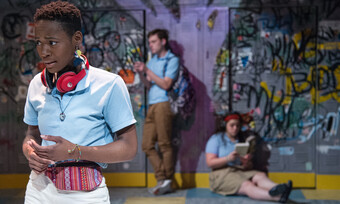


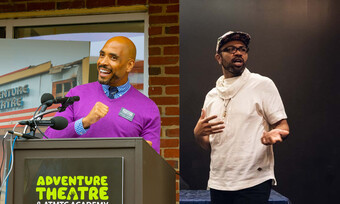
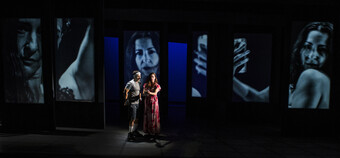


Comments
The article is just the start of the conversation—we want to know what you think about this subject, too! HowlRound is a space for knowledge-sharing, and we welcome spirited, thoughtful, and on-topic dialogue. Find our full comments policy here